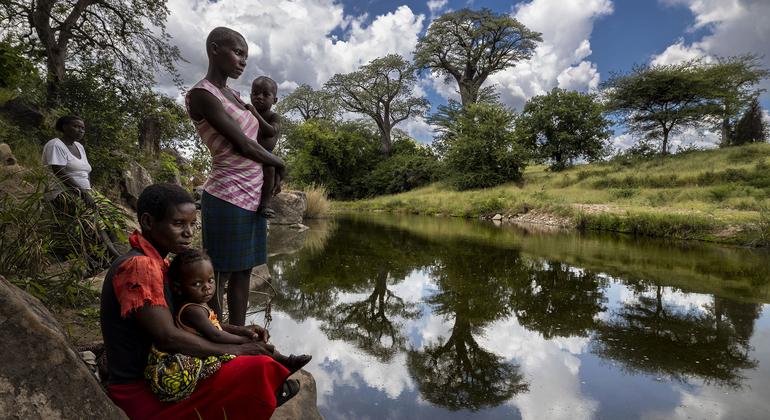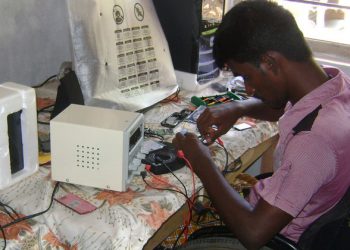“The Fund is in a position to bridge the gap in giving and impact investing”, said Hiro Mizuno, UN Special Envoy on Innovative Finance and Sustainable Investments, adding that it offers “a sustainable investment model by leveraging the power of markets to accelerate businesses, empower communities, and provide a clear path to self-sufficiency.”.
From health in a world still plagued by the COVID-19 pandemic to youth empowerment and climate change, the investments will respond to the challenges of our time, said the Fund in a press release.
The Fund is in a position to bridge the gap in giving and impact investing – UN Special Envoy
Kenya, Madagascar, North Macedonia, Suriname, and Zimbabwe were selected from proposals submitted by over 100 countries, as being the most impactful and investment-ready to take public.
Resident Coordinators in the lead
Under the leadership of UN Resident Coordinators, implementation of investment programmes will fuel the UN footprint in the five nations – ushering in a new generation of collaborative action by the UN, government, civil society, and private sector investors.
Through a development impact bond, the investments include a platform that encourages healthy sexual and reproductive habits, and HIV prevention in Kenya. Madagascar will use a variety of financial instruments, including a newly established sovereign fund, to finance renewable energy projects, and expand access to affordable, sustainable energy.
North Macedonia’s newly created Green Financing Facility will help finance a transition to renewable and efficient energy for underserved households and businesses.
Meanwhile, Suriname will implement an innovative guarantee facility to ease access to credit, a business incubator, and a farmer-owned cooperative, to develop a sustainable and resilient value chain for the country’s pineapple industry.
And with a focus on empowering women and youth participation, Zimbabwe is set to launch a renewable energy fund to initiate the development of the country’s renewable energy system and infrastructure.
Investments that count
This announcement comes less than a year after the Fund launched its first investment of $41 million in four transformative programmes in Fiji, Indonesia, Malawi, and Uruguay.
Last year, a $17.9 million programme in Papua New Guinea was added, and with the addition of these five new programmes, the Joint SDG Fund’s Catalytic Investment portfolio will grow to $114 million.
The portfolio is expected to leverage $5 billion toward the SDGs across the 10 countries involved.
Chalking up results
Although the Catalytic Investment portfolio has been in place for less than a year, it has already achieved meaningful results.
In Indonesia, it supported a $584 million launch of the first sovereign SDG bond in South-East Asia, and the creation of the Indonesia Impact Fund in partnership with Mandiri Capital.
And Fiji’s programme has supported sustainable businesses for its vital marine environment, including concessional financing toward a marine conservation company and a pipeline to provide service to waste management and organic fertilizers.
Sustainable model
The Joint SDG Fund is also committed to working with partners and donors to mobilize additional resources to finance successful proposals submitted by Barbados, Ghana, and Rwanda.
Established by the General Assembly, the UN Joint SDG Fund is a multi-partner trust fund that supports Member States by lower investment risks that accelerate reaching SDGs.
In the race to 2030, it aims to disburse one billion dollars in grants annually – with the common thread among all programmes, to leverage multi-million-dollar grants awarded by the Joint SDG Fund into billions for sustainable development.




